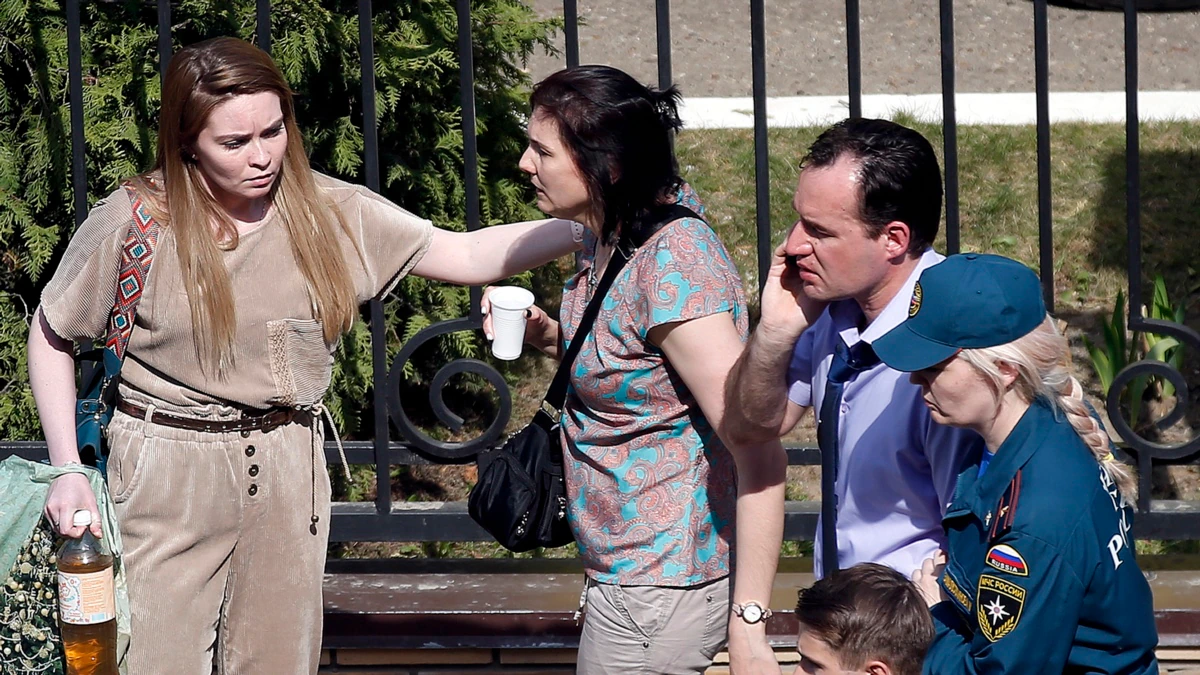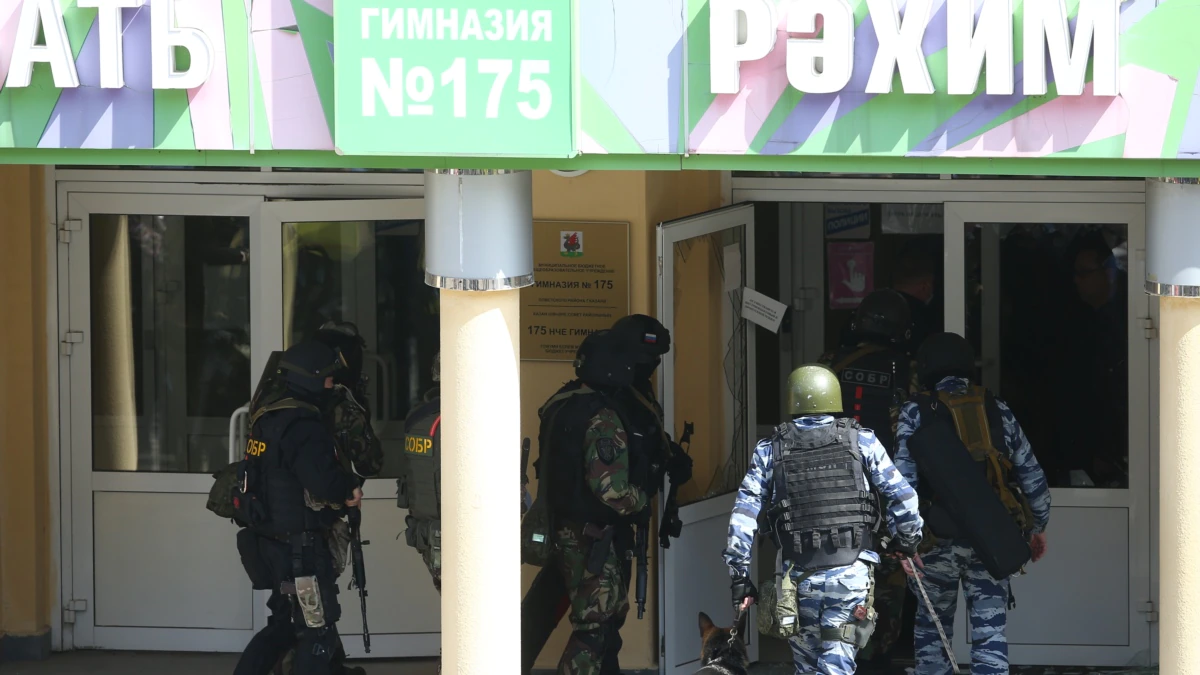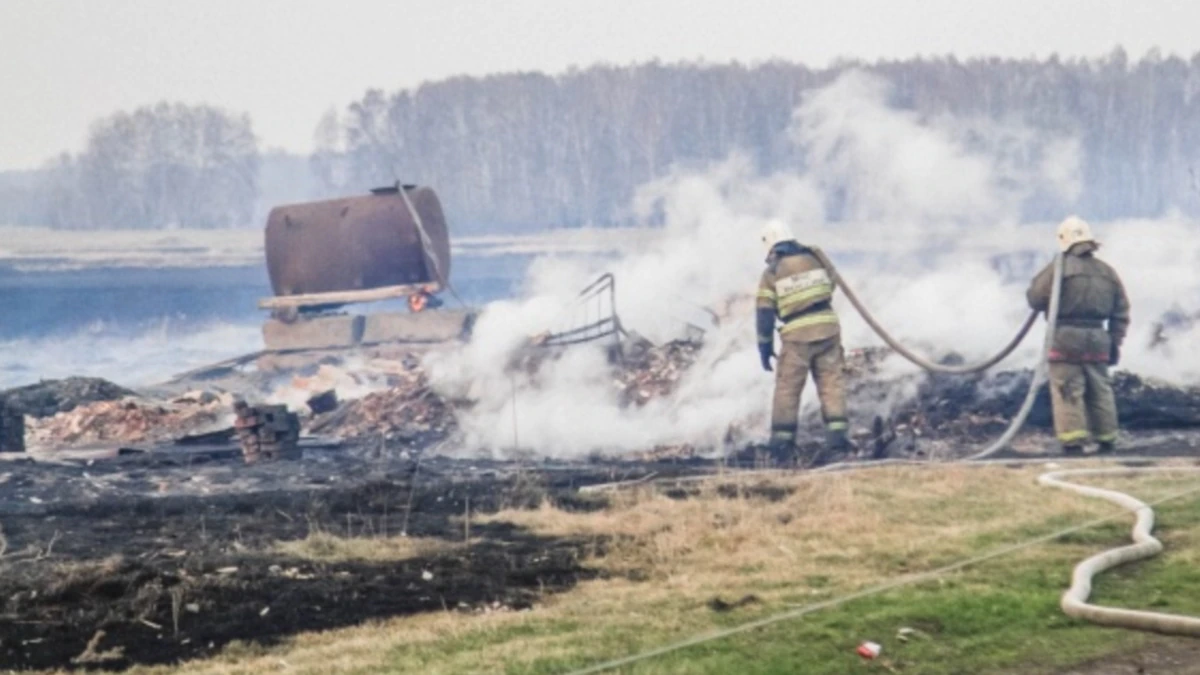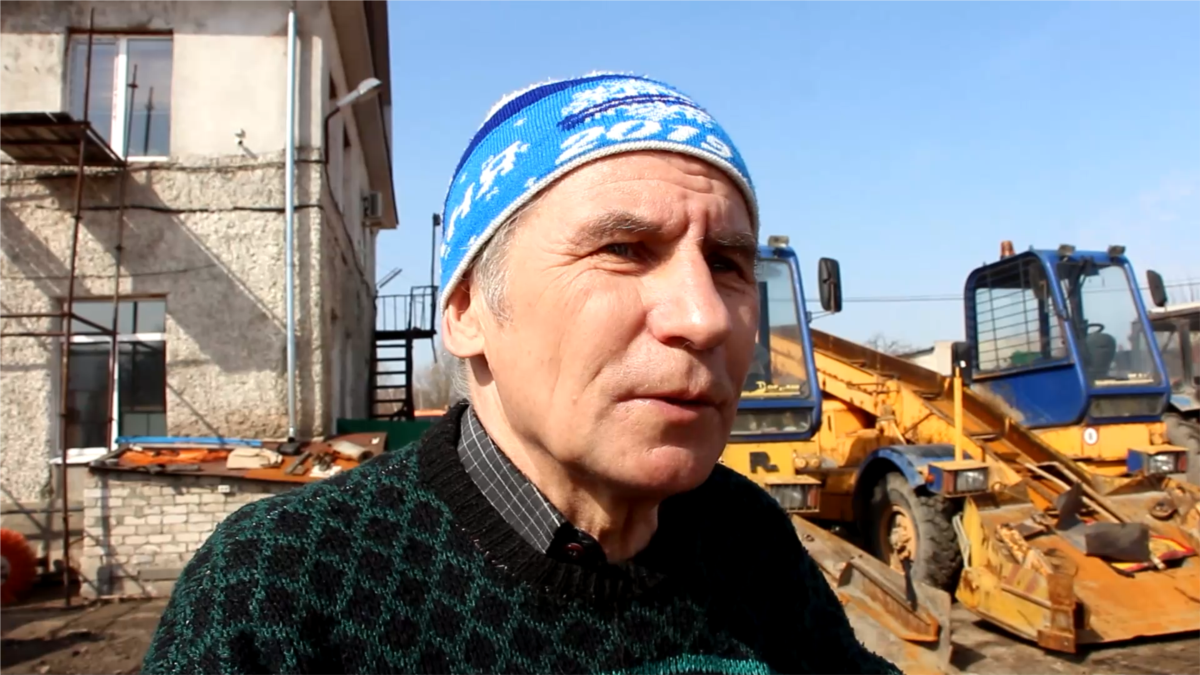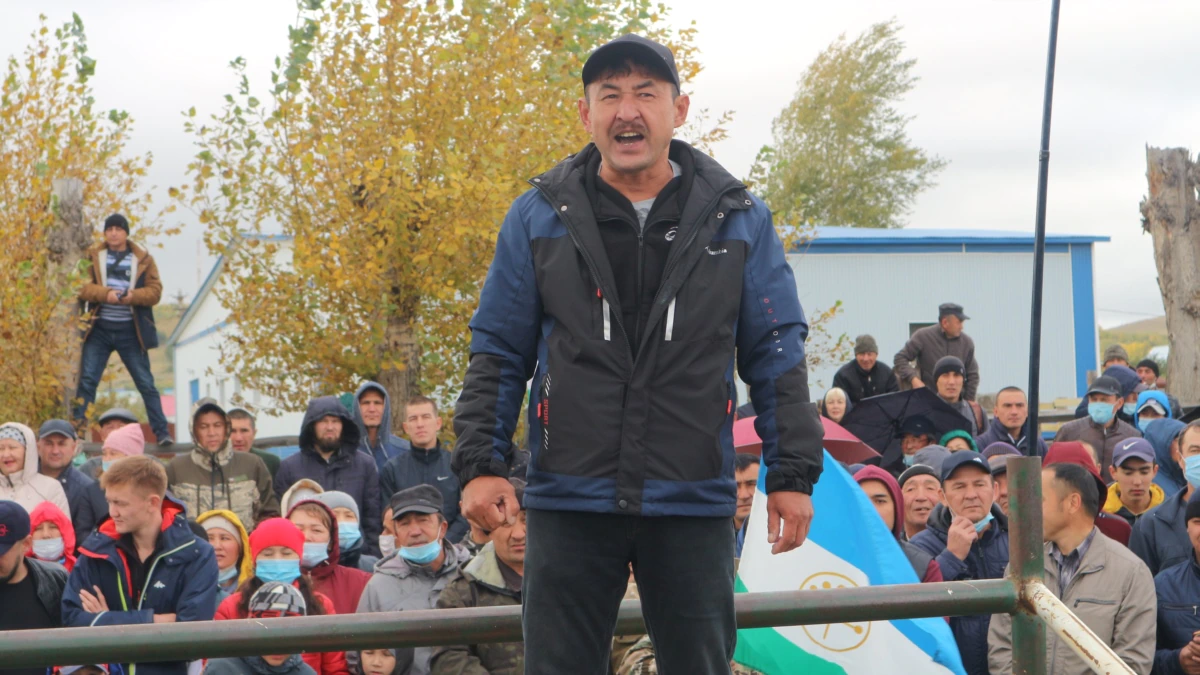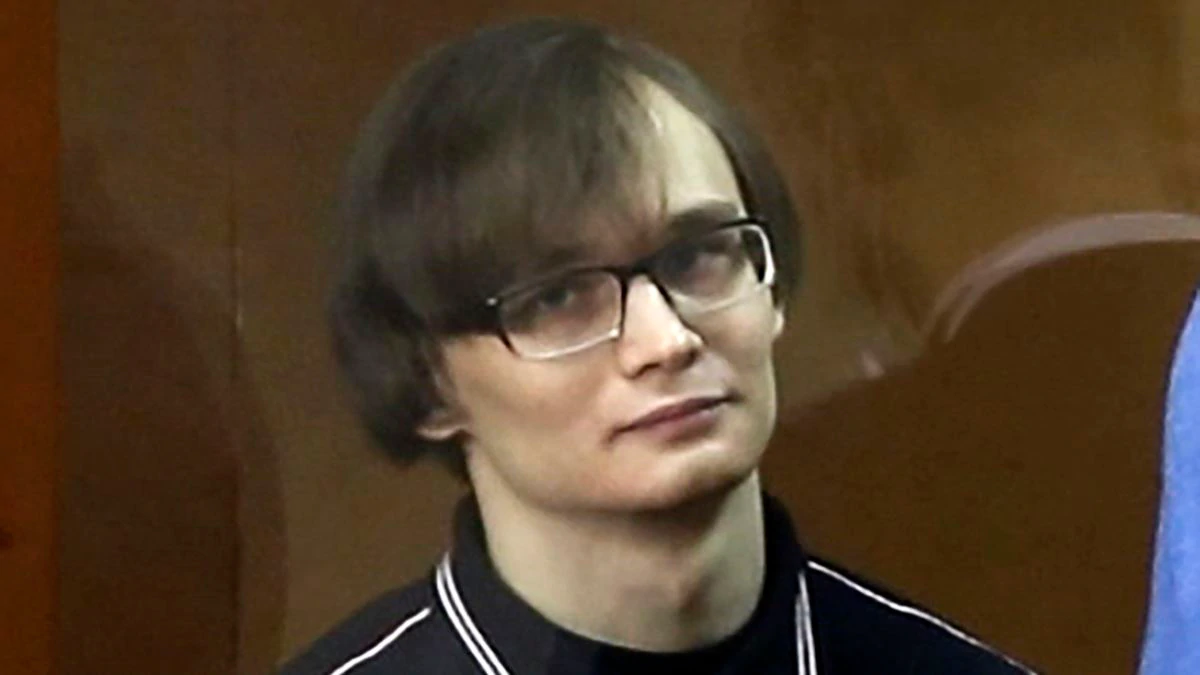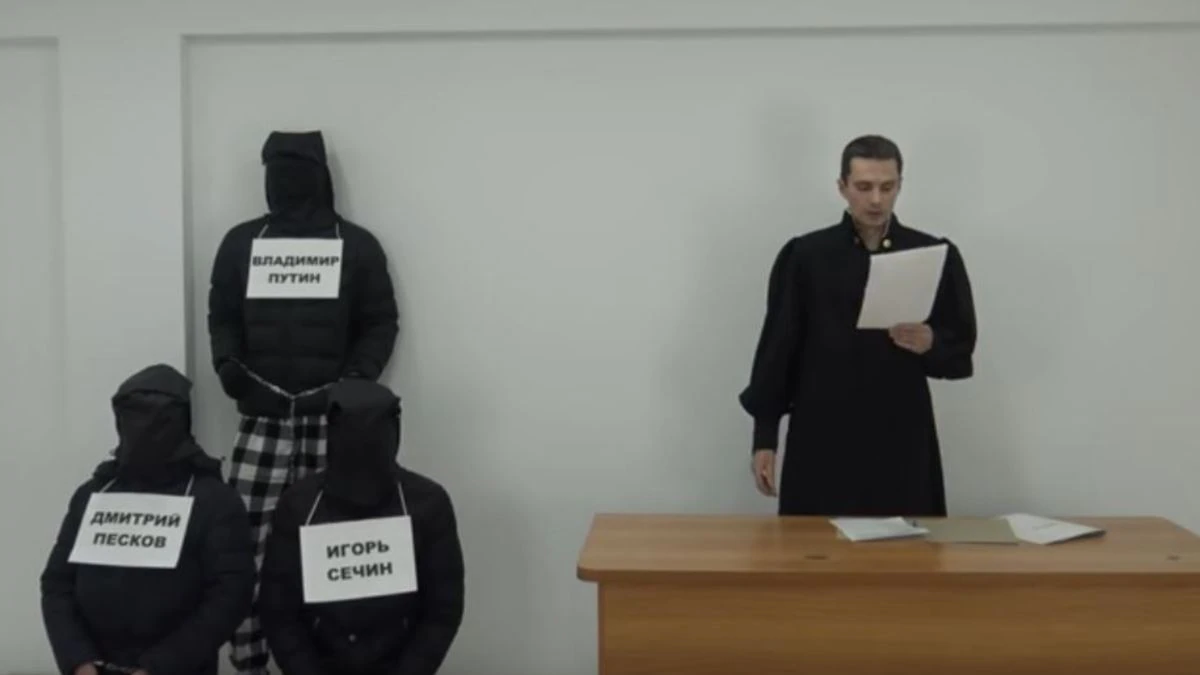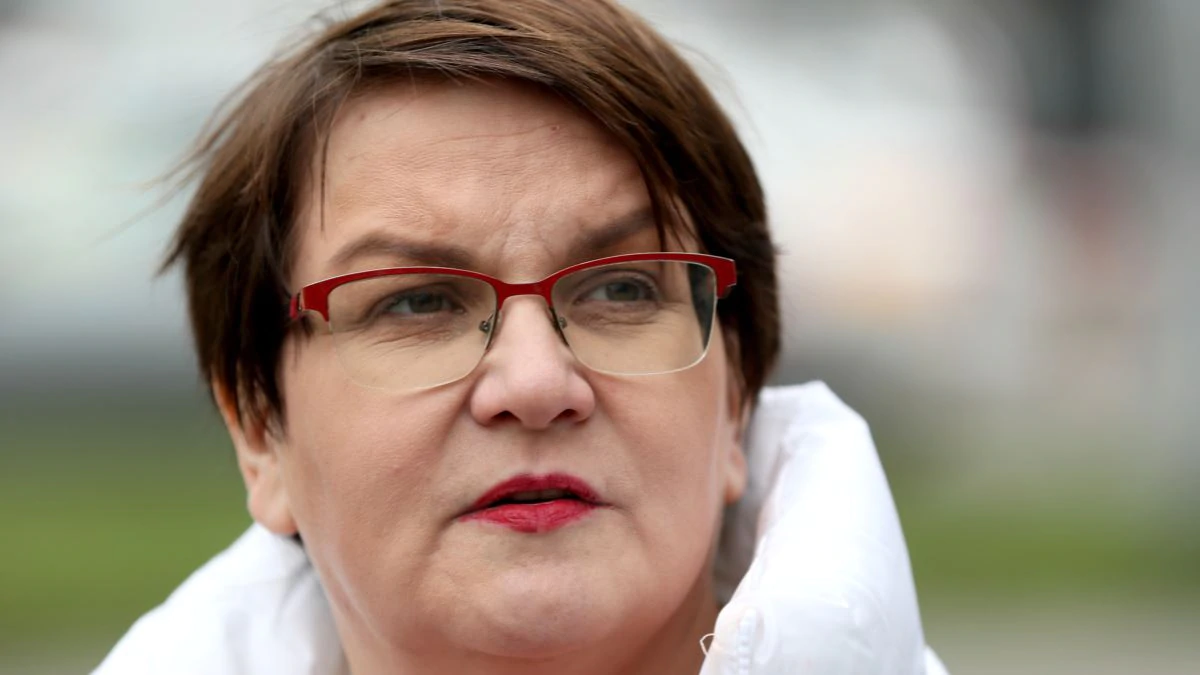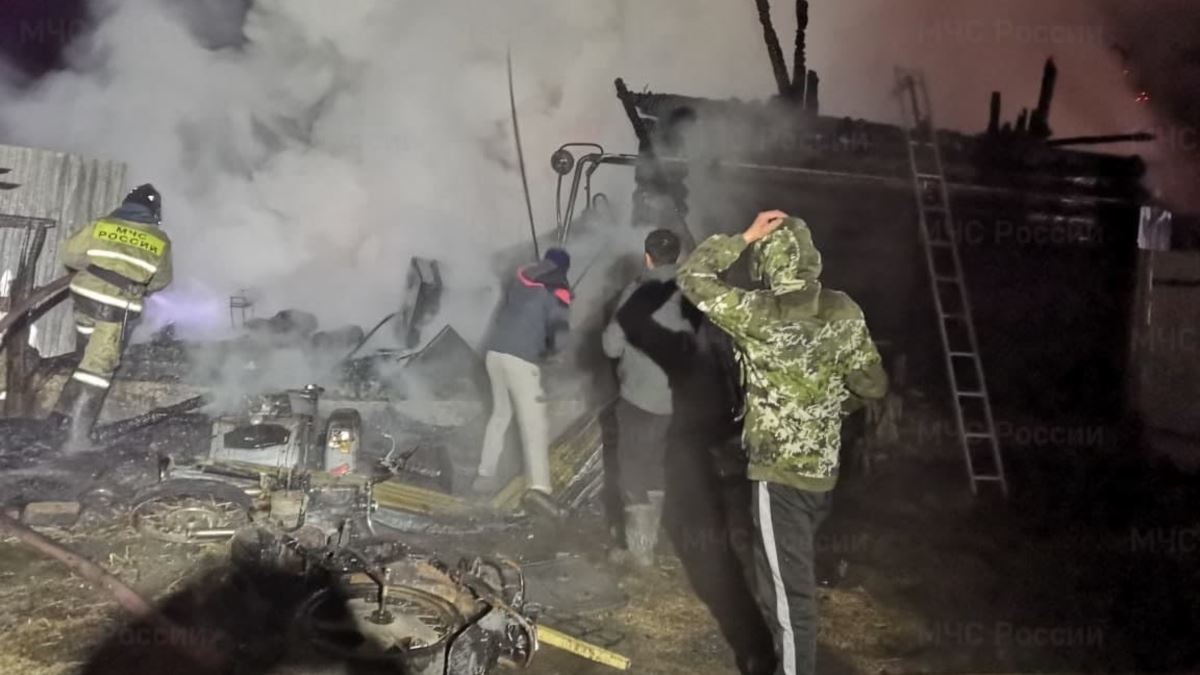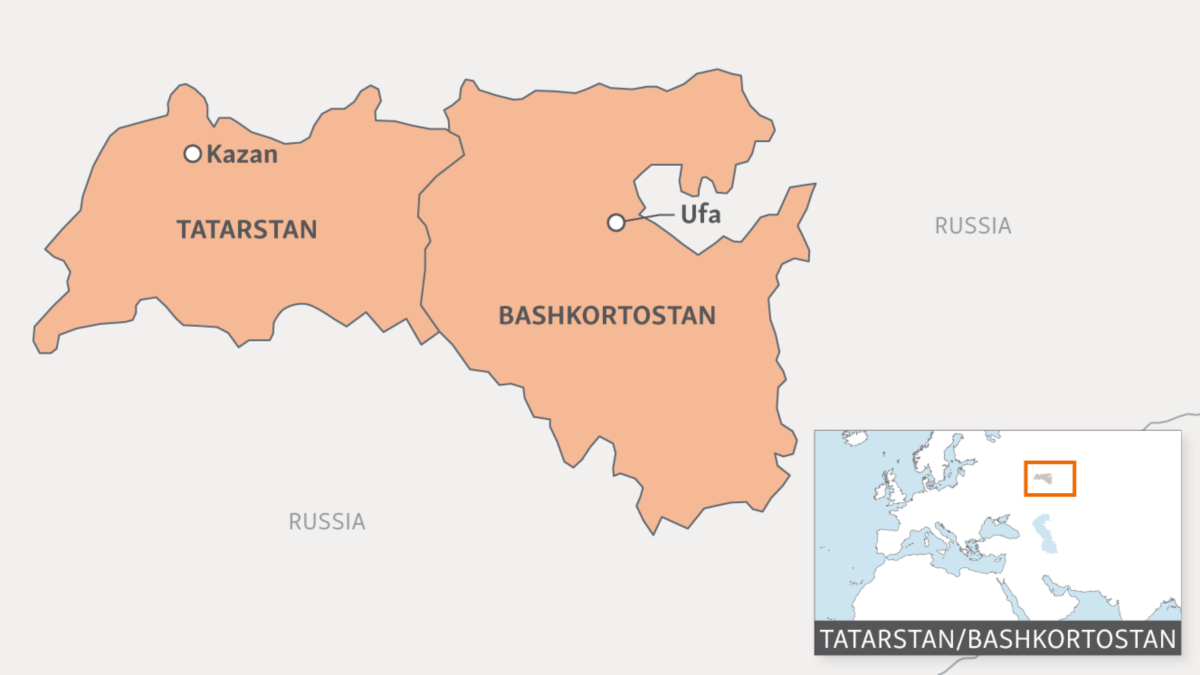
PRISTINA — Kosovar Prime Minister Albin Kurti says he will not suspend a move by the central bank to ban the circulation of the Serbian dinar in parts of the country with Serbian majorities but will accept the forming of an Association of Serb-Majority Municipalities once Belgrade agrees to sign a basic agreement on bilateral relations.
The basic agreement for the normalization of relations with Serbia was reached in February 2023, and includes the formation of the association, which is expected to more adequately represent predominantly ethnic Serb areas in Kosovo.
Kosovo is not a member of the European Union or its common currency area, the eurozone, but it unilaterally adopted the euro in 2002 to help bring monetary stability and to simplify and reduce transaction costs inside and outside the country.
Serbia, which has never acknowledged its former province’s 2008 declaration of independence, still pays many ethnic Serbs at institutions in Serb-dominated parts of Kosovo in dinars. Many also hold their pensions and get child allowances in dinars.
“Regarding the Serbian-dinar-versus-euro issue, it is Kosovo’s central bank that decides and they have already decided on December 27 last year,” Kurti told RFE/RL’s Balkan Service in an interview on March 19, arguing that the ban, which came into force on February 1, was meant to fight financial crime and terrorism.
“We have, thanks to them, a new regulation that is going to enhance the integrity of the financial system to fight illicit activities financing terrorism,” Kurti said in Pristina on the same day top Serbian and Kosovar negotiators were holding bilateral meeting in Brussels with EU special envoy Miroslav Lajcak.
The Serbian dinar ban was reported to be high on the agenda, although no joint trilateral meeting has been confirmed so far.
The ban ratcheted up already high tensions between Serbia and Kosovo and threatened to scupper efforts by Washington and Brussels to get the dialogue between Pristina and Belgrade back on track.
“The dinar is not banned in Kosovo, but the euro is the only means of payment,” Kurti told RFE/RL, echoing the central bank’s line that the ban doesn’t stop anyone from accepting money from any country, it just means the money is converted into euros.
Still, the conversion adds a layer of cost and complication to the daily lives of ethnic Serbs still tied to the dinar.
“We cannot allow bagfuls of dinars in cash to enter our country. (It can happen) only through official financial channels with full transparency, who sends money to whom and for what purpose,” Kurti said, adding that any disparities on the ground would have time to be smoothed out over the three-month transition period.
“Serbia can send dinars, we will exchange them into euros and Serbs in Kosovo can benefit from that financial aid,” Kurti added.
However, the U.S. envoy to the Western Balkans last week warned that the ban had caused problems for some citizens in the region and challenges for the U.S.-Kosovo relationship.
Deputy Assistant Secretary of State Gabriel Escobar told RFE/RL on March 14 that Kosovo’s controversial decision on the dinar was “an issue that we need to address immediately.”
Escobar said that the issue had presented challenges in the bilateral relationship, although Washington remains Kosovo’s most reliable ally.
The U.S. envoy also said that his proposals for resolving the issue had been rejected by Kurti during their meeting.
“It’s not me as prime minister to decide about this thing,” Kurti told RFE/RL when asked about why he refused Escobar’s solutions.
“We’re a democracy where powers and duties are separated. Therefore, I can only help the central bank to affect a smooth transition,” Kurti said, declining to elaborate on Escobar’s proposals.
“Let those who made the proposals speak,” he added, reiterating that he cannot cancel the decision of an independent institution.
“No suspension will come out of talking to me, because the bank is an independent institution,” he said, adding that its governor reports only to parliament, not the government.
Asked whether he would at least advise the bank to extend the transition period, Kurti replied: “I cannot also advise the central bank of Kosovo. The governor has his own advisers.”
Referring to the basic agreement, Kurti said it was Belgrade that was hampering its implementation.
“I want the normalization of relations and I think that the signing of the basic agreement and its implementation annex can certainly cancel previous violations on one hand and, on the other hand can bring legal certainty for the future.
“The problem is that eight out of 11 articles of the basic agreement have been violated by Belgrade,” Kurti said, mentioning a letter sent by Serbian Prime Minister Ana Brnabic to the European Union, in which, according to him, her government said they were withdrawing their pledge to the deal “because they will never recognize independence of Kosovo, never accept Kosovo’s membership in the United Nations, and likewise they are not going to respect the territorial integrity of our country.”
Referring to the forming of the Association of Serb-Majority Municipalities, which is mentioned in Article 7 of the basic agreement, Kurti reiterated his government’s statement from October 27, which blamed Serbia for refusing to sign the document endorsed by the leaders of France, Italy, and Germany.
“What more can I do? We are leaders who are supposed to turn the text that we have agreed upon into signed agreements. Obviously, Serbian President Aleksandar Vucic initially said yes to the agreement without intending to sign it and then regretted saying yes, as Mrs. Brnabic’s letter explained,” Kurti said.
“I believe that whoever mentions an association of Serbian-majority municipalities outside the basic agreement or before it serving Serbia’s quest to turn Kosovo into Bosnia,” he said, adding that such an association has to be established withing the framework of the Kosovar Constitution.
“In Brussels I said one cannot serve coffee without a cup. If you ask for coffee without a cup, I will show you an empty cup. The cup is the Republic of Kosovo. What is the legal framework of the association? Is it the constitution of the Republic of Kosova or that of Serbia? If I’m there, it’s the constitution of the Republic of Kosovo. No coffee without a cup.
“This is crucial to understand. Belgrade wants to put the cart before the horses. It’s not possible. There will be no movement as we have seen since February and March last year,” he said, adding that he was ready to go to Brussels again together with Vucic.
Referring to the frustration voiced by the United States and the European Union because of the lack of progress toward the Serbian dinar and the municipalities association, Kurti said that while they are indispensable partners, sometimes differences may arise.
“I consider United States an indispensable ally, friend, and partner. But this does not mean that we have an identical stance toward official Belgrade. As the prime minister of Kosovo, I cannot regard Belgrade through the eyes of the State Department…they do not see Belgrade as I see them. We do not have an identical stance. We have a different experience and history,” Kurti said.
This content originally appeared on News – Radio Free Europe / Radio Liberty and was authored by News – Radio Free Europe / Radio Liberty.
This post was originally published on Radio Free.

